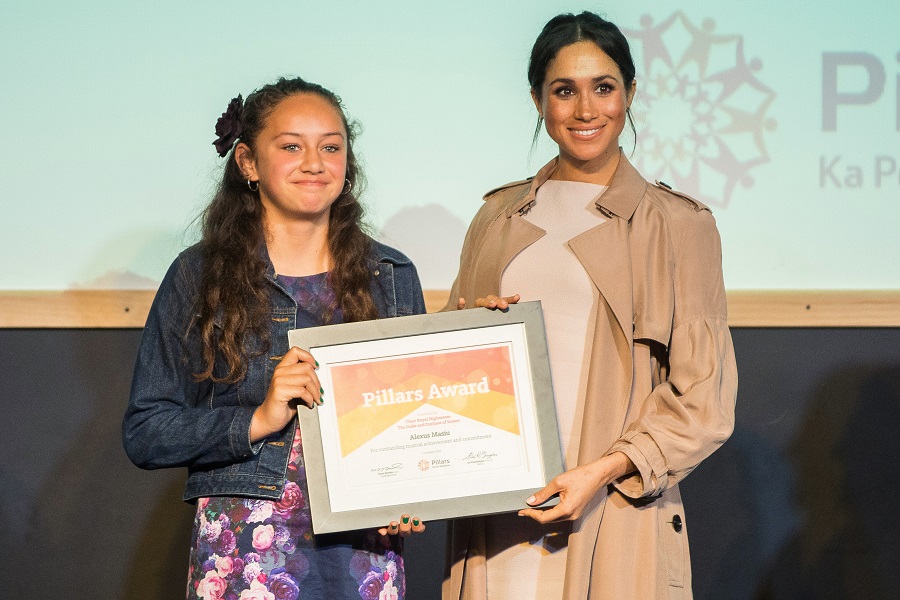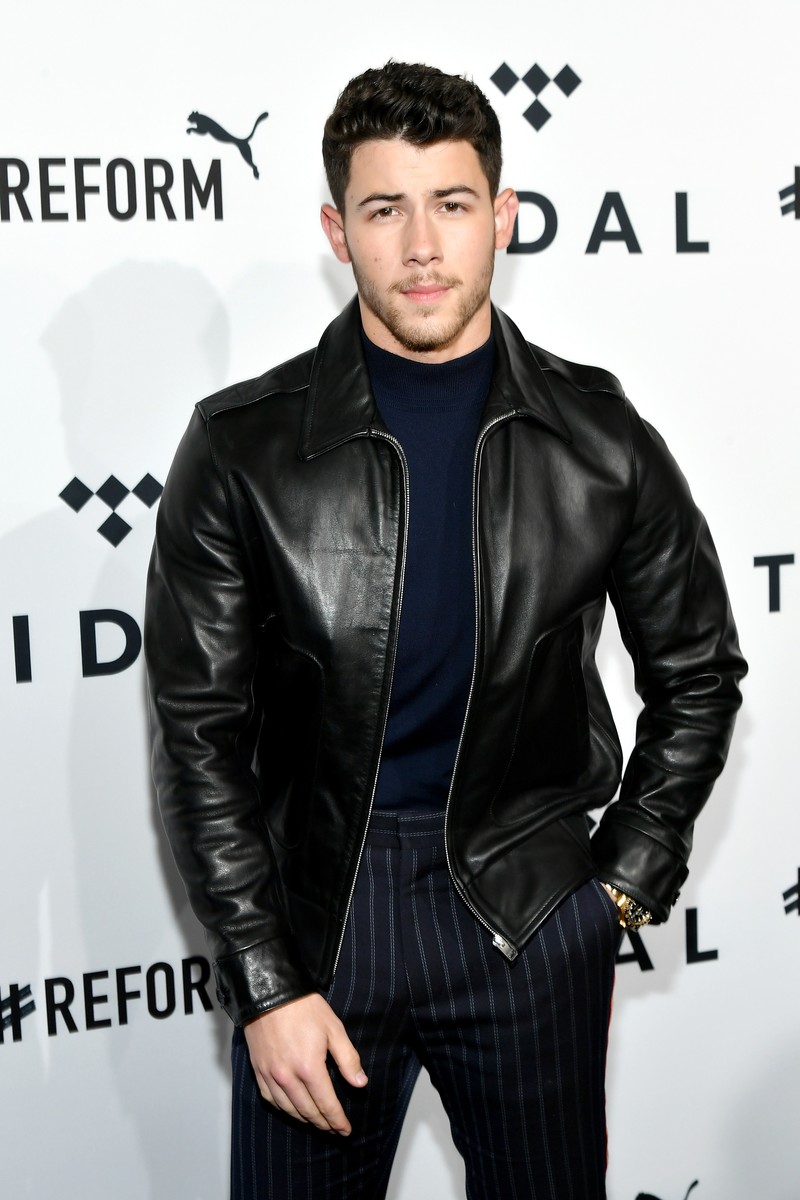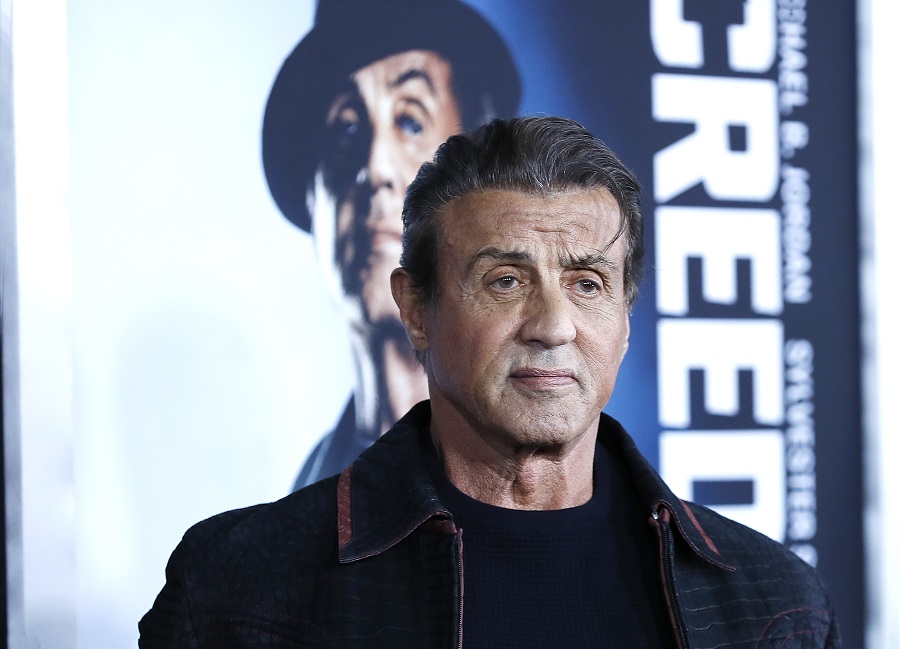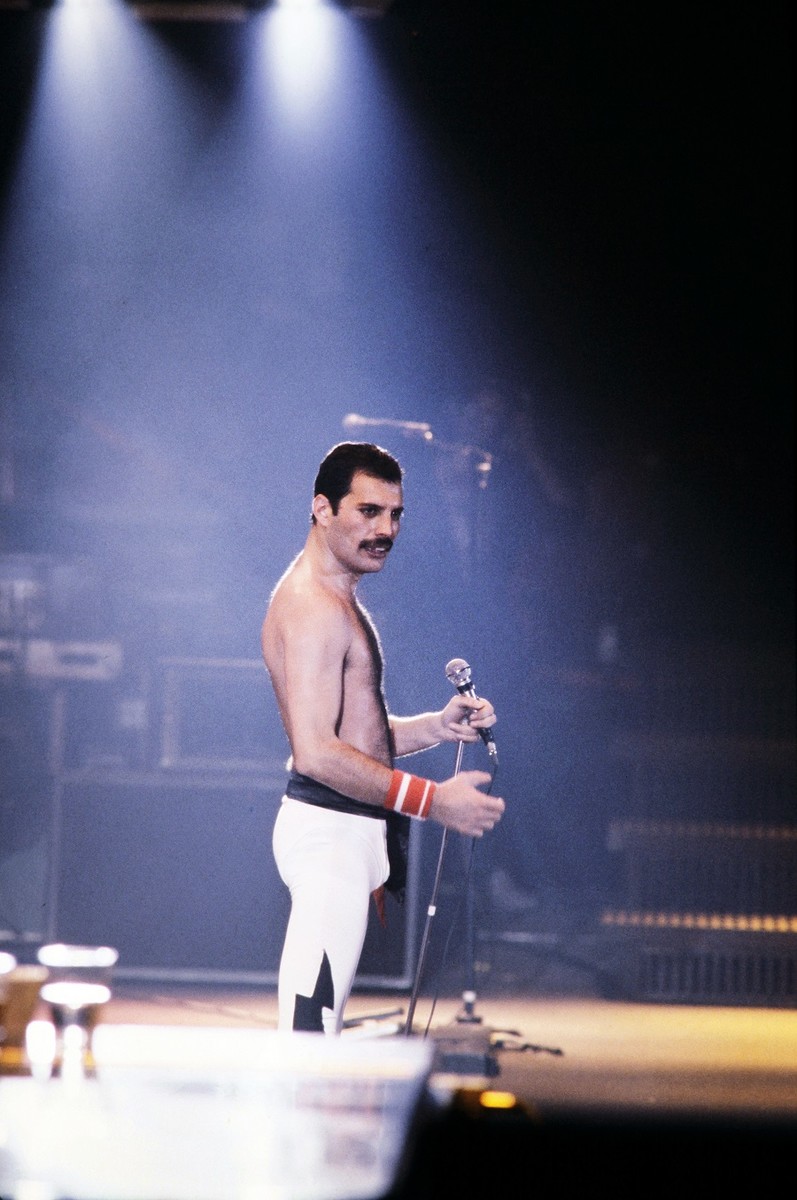LONDON: Getty Images said on Tuesday it would merge with rival Shutterstock to create a $3.7 billion stock-image powerhouse geared for the artificial intelligence era, in a deal likely to draw antitrust scrutiny.
The companies, two of the largest players in the licensed visual content industry, are betting that the combination will help them cut costs and grow their business by unlocking more revenue opportunities at a time when the growing use of generative AI tools such as Midjourney poses a threat to the industry.
Shutterstock shareholders can opt to receive either $28.80 per share in cash, or 13.67 shares of Getty, or a combination of 9.17 shares of Getty and $9.50 in cash for each Shutterstock share they own. The offer represents a deal value of more than $1 billion, according to Reuters calculations.
Shutterstock’s shares jumped 22.7 percent, while Getty was up 39.7 percent. Stocks of both companies have declined for at least the past four years, as the rising use of mobile cameras drives down demand for stock photography.
Getty CEO Craig Peters will lead the combined company, which will have annual revenues of nearly $2 billion and stands to benefit from Getty’s large library of visual content and the strong community on Shutterstock’s platform.
Peters downplayed the impact of AI on Tuesday and said that he was confident the merger would receive antitrust approval both in the United States and Europe.
“We don’t control the timing of (the approval), but we have a high confidence. This has been a situation where customers have not had choice. They’ve always had choice,” he said.
Some experts say US President-elect Donald Trump’s recent appointments to the Department of Justice Antitrust Division signal that there would be little change to the tough scrutiny that has come to define the regulator in recent years.
“With Gail Slater at the helm, the antitrust division is going to be a lot more aggressive under this Trump administration than it was under the first one,” said John Newman, professor of law at the University of Miami.
Regulators will examine how the deal impacts the old-school business model of selling images to legacy media customers, as well as the new business model of offering copyright-compliant generative-AI applications to the public.
The deal is expected to generate up to $200 million in cost savings three years after its close. Getty investors will own about 54.7 percent of the combined company, while Shutterstock stockholders will own the rest.
Getty competes with Reuters and the Associated Press in providing photos and videos for editorial use.

































